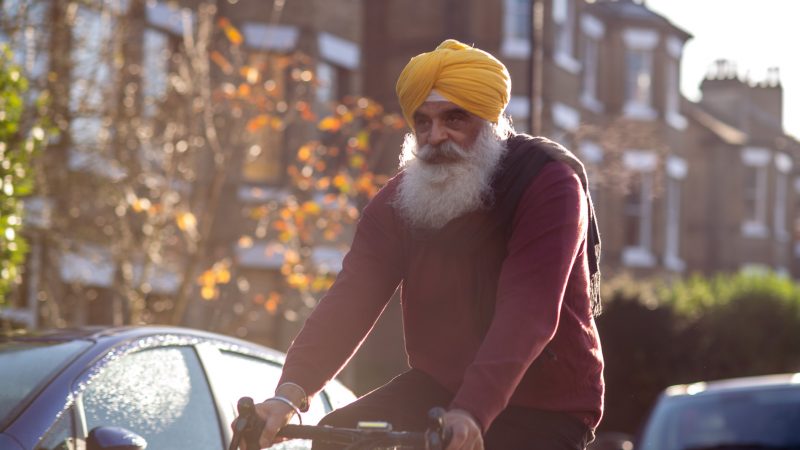
Negative portrayals of older people are everywhere. They’re mocked as vulnerable, frail and needy, a burden to others and to society. Either that, or they’re wealthy selfish boomers, somehow responsible for keeping millennials off the property ladder. That’s even more the case for women and people from Black and minority ethnic groups who face a ‘double jeopardy’ of discrimination, according to a recent research paper. If anything, coronavirus has heightened dismissive perceptions, despite the way in which many older people have been working, volunteering and actively supporting others through these difficult times.
Labour in Hackney is determined to challenge these stereotypes. That’s why we are proud to have delivered on our 2018 manifesto pledge to develop a co-produced older people’s strategy for the 55-plus age group. To back up our commitment, mayor Phillip Glanville created the post of mayoral adviser for older people. That’s me, and in that role I have led work on the ageing well strategy. Its ambitious aim is to make Hackney – to paraphrase Keir Starmer – one of the best boroughs in the country to grow old in.
Our concept of ageing well does not see older people as one homogeneous group. It recognises diversity, taking issues such as racism and homophobia fully into account. The starting point is what older people bring to the table. We began by linking up with peer researchers through a local older people’s project, Connect Hackney, which work included engaging with 400 residents to hear their ideas. We wanted ageing well to be more than simply an element of our wider health and social care policies. We wanted it to be at the heart of everything we do.
Older people told us they like to mix with younger people, as well as their own age groups. This chimed with what we heard from the Hackney young futures commission, a consultation undertaken with ten- to 25-year-olds. They also demanded a more intergenerational approach. That allowed us to join up thinking with our child-friendly boroughs work. Of course kids need exclusive spaces, but they also like sharing space to play and mix across the community.
Conversations are starting about how we want our parks to be, and ways in which that can include older people. Such simple measures as ensuring accessibility and making benches more inviting, encouraging different generations to stop and chat, can be surprisingly effective.
Central to this work will be our Hackney older citizens committee. We are currently recruiting, and so far have a positive response despite the lockdown. The committee’s job is to hold us to account and represent and advocate for older people, acting as a conduit for the exchange of information and views. We want older people to get in early and to be involved. Covid delayed sign-off, but did not stop our endeavours, which fed directly into our pandemic response. Mental health and isolation were issues as important as food and medication, and together with our voluntary sector partners we set up a befriending service.
Even right-wing newspapers highlight the structural ageism of Tory policies, pointing out that there is nobody in Whitehall or Westminster to speak up for older people. We think that national government has a lot to learn from places like Hackney and the good things local government is doing. Labour has a great opportunity to take the lead. The frontbench should have a dedicated spokesperson for older people to feed into national policy. As our party develops its vision of a better future for Britain, let’s make sure that future is one in which older people are valued.




More from LabourList
Antonia Romeo appointed to lead civil service as new Cabinet Secretary
‘If Labour is serious about upskilling Britain, it must mobilise local businesses’
Stella Tsantekidou column: ‘What are we to make of the Labour Together scandal?’